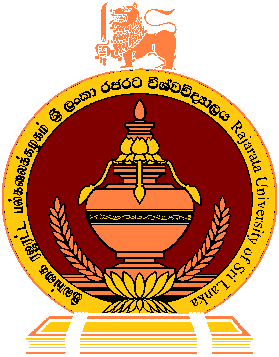Contribution to Undergraduate Program
The Physiology curriculum aims to provide medical students with comprehensive knowledge on the functioning of the normal human body before they start their clinical education in their third academic year. The department also conducts a series of practical sessions to provide technically-sound training and first-hand experience in clinical examination procedures. Furthermore, proper handing and using of basic medical instruments is provided through close supervision and practice.
Therefore, physiology undergraduate training is a core component of the medical student training programme to achieve the vision and the mission of the faculty. The delivery of the physiology curriculum is multimodal and extensive. The department uses a wide variety of teaching and learning techniques including but not limited to physical lectures, online lectures, recorded lectures, practical classes, tutorials, clinical case discussions, clinical demonstrations, and self-learning through standard textbooks.
The teaching is organized in a system-based manner the following topics:
- General physiology
- Excitable tissues
- Haematology
- Cardiovascular system
- Respiratory system
- Gastrointestinal system
- Renal Physiology
- Endocrinology
- Reproductive
- Physiology
- Neurophysiology
The department of physiology assesses student performance through three mid-semester formative assessments, two end-semester assessments and the common 2nd MBBS examination.


